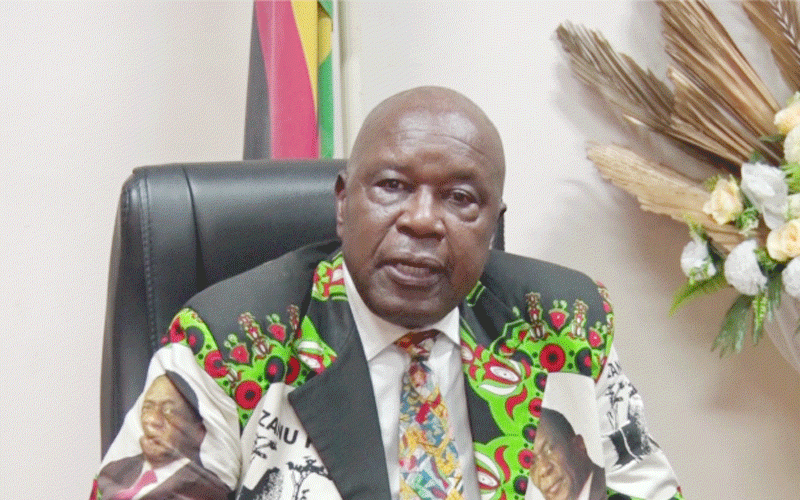
Africa must embrace renewable energy, and forgo exploration of its potentially lucrative gas deposits to stave off climate disaster and bring access to clean energy to the hundreds of millions who lack it, leading experts on the continent have said.
Their call came as the UN secretary general, António Guterres, warned that exploring for gas and oil anywhere in the world would be “delusional”.
Several African leaders are considering pushing for new investment in exploration as gas prices around the world soar. Some European countries are also eager to provide such investment to replace supplies from Russia.
Last week, Mary Robinson, a former president of Ireland, UN commissioner for human rights and UN climate envoy, stoked controversy when she backed an expansion, saying African countries should exploit their gas reserves.
She said the gas should be used within the continent for clean cooking and power generation for the 600 million people who lacked access to power and the 900 million who were cooking on biomass or dirty oil, rather than exported for profit.
Mohamed Adow, the director of the Power Shift Africa thinktank and 2020 winner of the Climate Breakthrough prize, said Robinson was wrong.
“For Africans to achieve the lives of dignity that energy access should bring, we cannot rely on the failed system of the last 200 years. We must leapfrog our thinking and make the investment into distributed renewable energy systems that won’t poison our rivers, pollute our air, choke our lungs and profit only a few,” he told the Guardian.
Making a distinction between voices from the west and those from Africa, he said: “Climate justice champions who actually live in Africa are very clear that we want access to energy for everyone — but equally we do not want to lock in climate catastrophe for everyone.”
- Chamisa under fire over US$120K donation
- Mavhunga puts DeMbare into Chibuku quarterfinals
- Pension funds bet on Cabora Bassa oilfields
- Councils defy govt fire tender directive
Keep Reading
He was joined by Nnimmo Bassey, the director of the Health of Mother Earth Foundation in Nigeria. “Decades of oil and gas extraction on the continent has fed foreign markets and only muddied the water, built violence, and left the people in the cold and in the dark,” he said, highlighting the experience of Nigeria, the Niger Delta and Mozambique, characterised by pollution and profiteering by a few while local people remained impoverished.
He accused political leaders of ignoring these concerns: “Sadly, African politicians acting as middlemen to transnational corporations are happy to parrot this song despite local resistance and the realities of ecocide in the fossil fuel fields.”
Omar Elmawi, a coordinator at the StopEACOP campaign in east Africa, said: “Decades after exploiting fossil fuels in Africa, we have yet to improve energy poverty and countries have continued to drown themselves in unsustainable loans taken because of the promise of fossil fuel revenues.
“Corporations registered in the global north have continued to benefit from these dirty fossil fuels in Africa and all we are left with are the impacts on our people, nature and the climate.”
The issue of gas in Africa is likely to prove a flashpoint at the Cop27 UN climate summit this November in Egypt. Robinson’s views, first expressed in an interview with the Guardian, sparked a row at UN climate talks in Bonn, where countries have held meetings over the past fortnight in preparatory negotiations for Cop27.
Several African countries are thought to want to use Cop27 to argue for the continent to be allowed to exploit its gas, taking advantage of the fossil fuel bonanza that has followed Russia’s invasion of Ukraine. Egypt is sympathetic, with the finance minister, Mohamed Maait, telling an audience in the City of London recently that poor countries must not be “punished”.— The Guardian









